Introduction
Understanding Chihuahua temperament is key to a happy relationship with your pet.
- They make excellent companions with their loyalty and devotion
- However, their temperament can vary based on genetics and upbringing
- Understanding their behavior helps in better bonding with your Chihuahua
- Chihuahuas need early socialization to curb any aggressive tendencies
- With proper care, they can be loving and fun family pets
1. Personality Traits
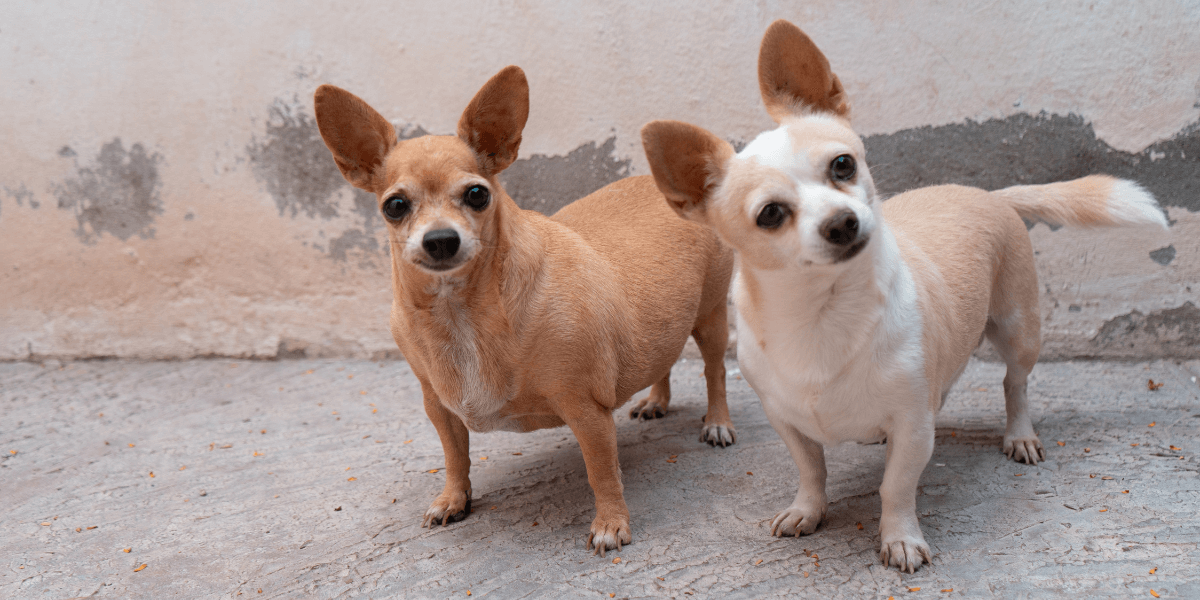
Chihuahuas are lively and alert, always eager to explore their surroundings.
- Energetic: Chihuahuas have a lot of energy despite their small size
- Affectionate: They love to cuddle and show affection to their owners
- Bold: Chihuahuas often act fearless, regardless of their size
- Loyal: They form strong bonds with their primary caregivers
- Protective: They can be protective and may bark at strangers
- Independent: Chihuahuas enjoy some alone time but crave attention too
- Intelligent: They are quick learners and enjoy mental challenges
- Vocal: Chihuahuas can be quite vocal, often barking at the slightest noise
2. Socialization Needs
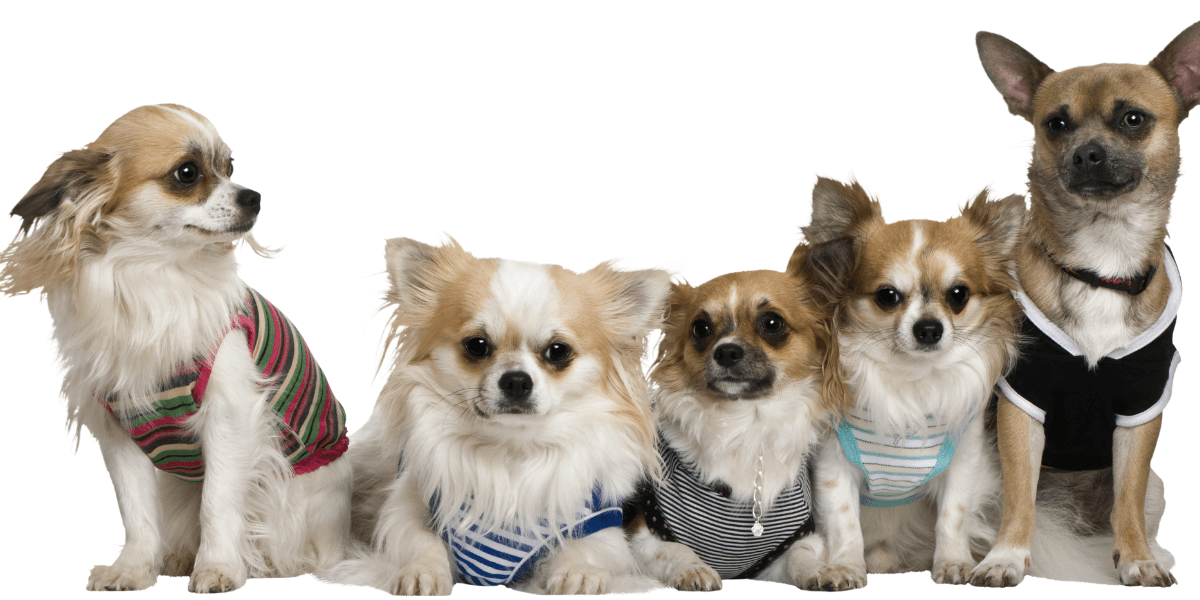
Proper socialization is vital for a balanced Chihuahua temperament.
- Early Exposure: Introduce them to new environments, sounds, and people
- Positive Reinforcement: Reward calm and friendly behavior
- Consistent Training: Regular training sessions help curb unwanted behavior
- Gentle Handling: Handle them gently to avoid fear-based aggression
- Meet Other Dogs: Arrange playdates with friendly dogs
- Family Integration: Include them in family activities to build confidence
- Gradual Introductions: Introduce new experiences gradually to avoid stress
- Supervised Interactions: Always supervise interactions with children or other pets
3. Health and Care
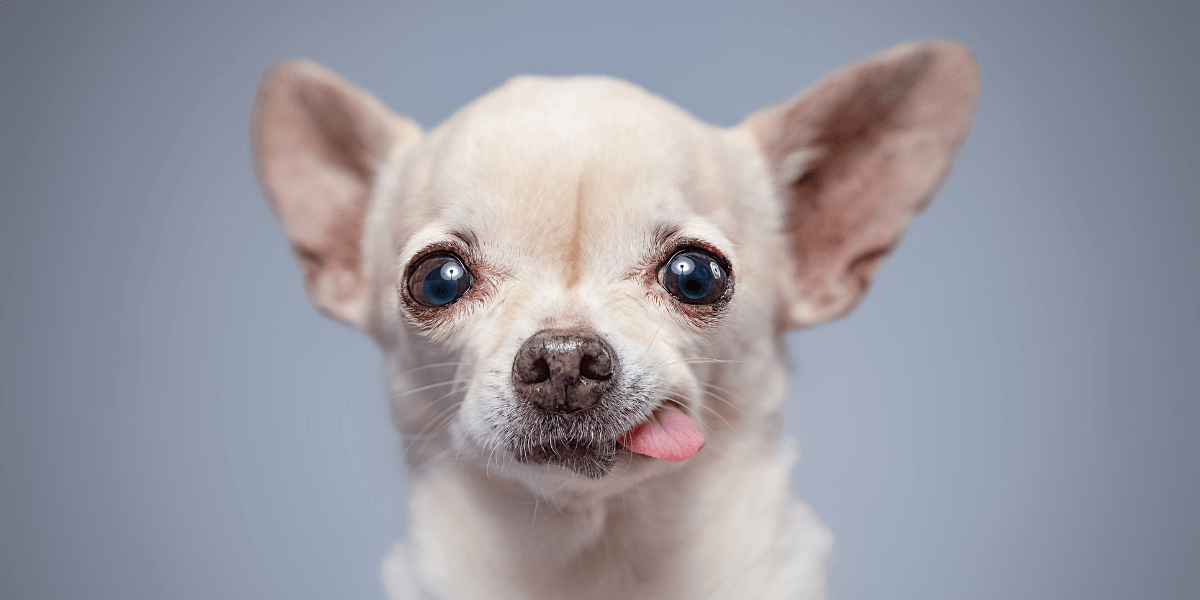
Proper health care is crucial to maintain a Chihuahua's overall well-being.
- Regular Vet Visits: Schedule regular vet check-ups for preventive care
- Dental Hygiene: Brush their teeth regularly to prevent dental issues
- Balanced Diet: Provide a diet rich in nutrients suitable for small breeds
- Exercise Needs: Ensure daily exercise to keep them physically fit
- Weight Management: Monitor their weight to prevent obesity-related issues
- Grooming: Regular grooming helps keep their coat clean and healthy
- Vaccinations: Keep vaccinations up to date to prevent diseases
- Parasite Control: Use parasite prevention methods for fleas and ticks
4. Behavior with Children
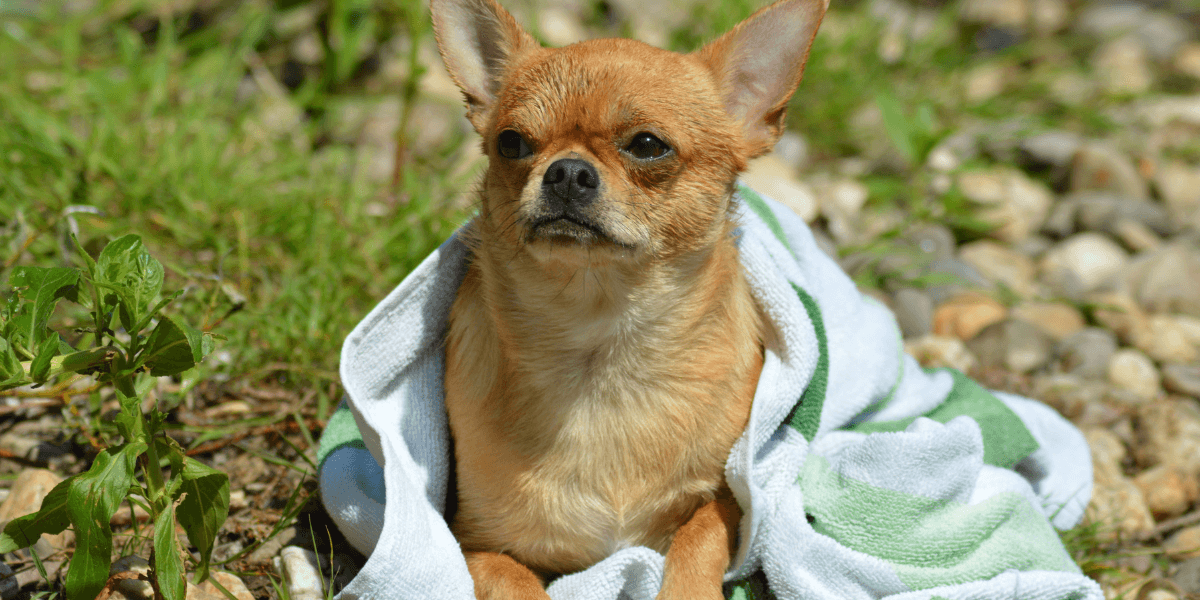
Chihuahua temperament can vary, but they can be great with children if trained.
- Supervision: Always supervise interactions between children and Chihuahuas
- Teach Respect: Teach children to handle Chihuahuas gently
- Avoid Rough Play: Discourage rough play to prevent fear or aggression
- Reward Positive Interactions: Praise positive behavior with treats or affection
- Gradual Bonding: Allow time for the Chihuahua to bond with children
- Calm Environment: Maintain a calm environment to reduce anxiety
- Respect Boundaries: Teach kids to respect the Chihuahua's space
- Safety First: Always prioritize the safety of both children and the dog
Discover how Chihuahuas and German Shepherds compare as family pets—read our comprehensive guide now!
5. Behavior with Other Pets
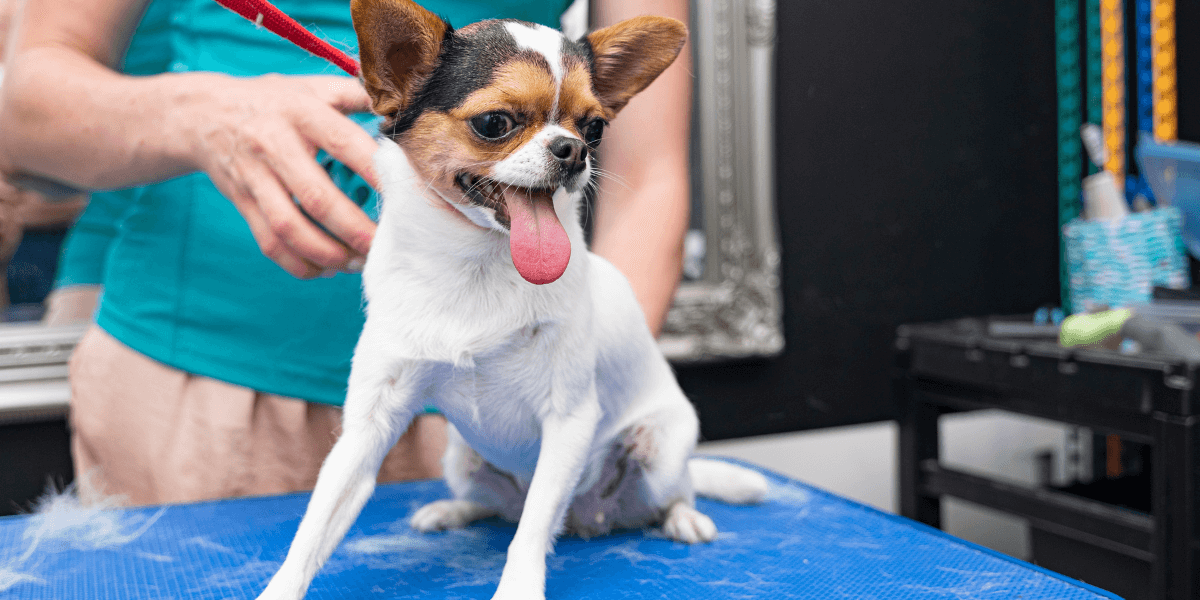
Chihuahuas can coexist with other pets if introduced properly.
- Slow Introductions: Introduce new pets gradually to avoid territorial disputes
- Monitor Interactions: Keep an eye on their interactions initially
- Separate Feeding: Feed them separately to prevent resource-guarding
- Establish Routines: Keep routines consistent to reduce anxiety
- Shared Playtime: Encourage shared play sessions to build positive associations
- Reward Good Behavior: Reinforce positive interactions with rewards
- Recognize Triggers: Identify and manage any behavioral triggers
- Respect Differences: Understand each pet's unique temperament
6. Training Techniques
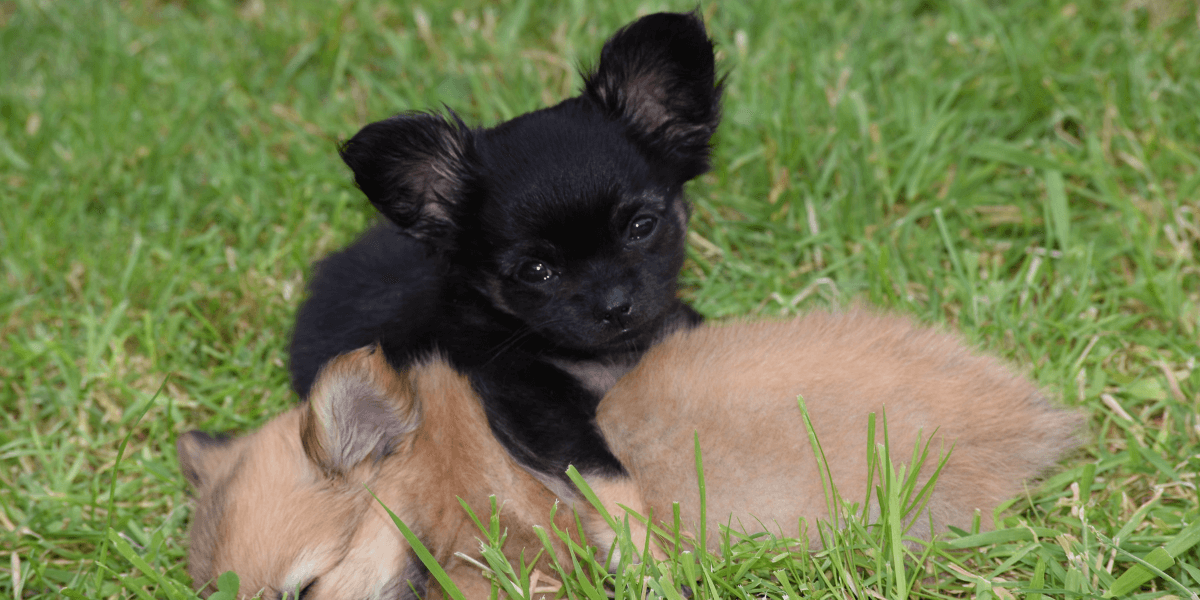
Consistent training is essential for shaping a balanced Chihuahua temperament.
- Positive Reinforcement: Use treats and praise for good behavior
- Short Sessions: Keep training sessions short to maintain interest
- Basic Commands: Teach basic commands like sit, stay, and come
- Leash Training: Start leash training early to avoid pulling
- Avoid Punishment: Avoid harsh punishment as it can cause fear
- Use Clickers: Clicker training can be effective for Chihuahuas
- Social Cues: Teach social cues for appropriate behavior around others
- Routine Practice: Practice regularly to reinforce learned behaviors
Unlock expert tips for training your Chihuahua effectively—explore our Great Dane training guide for insights!
7. Common Misconceptions
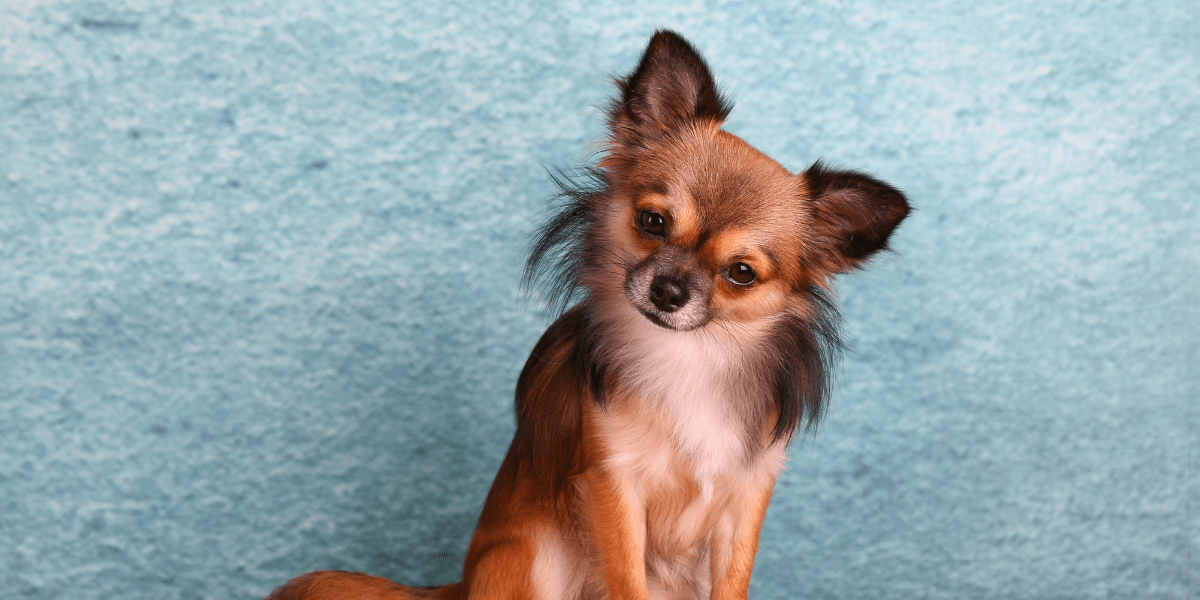
There are many myths about Chihuahuas that need to be debunked.
- Fragility: Chihuahuas are not as fragile as they seem with proper care
- Aggressiveness: They aren't inherently aggressive if well-socialized
- High Maintenance: They don't require as much maintenance as believed
- Not Good with Kids: They can be good with kids with proper training
- Always Cold: Chihuahuas adapt well to moderate temperatures
- Hard to Train: They are intelligent and respond well to consistent training
- Yappy Dogs: They can be taught to minimize barking with training
- Always Anxious: Anxiety can be managed with socialization and confidence-building
Uncover common health misconceptions about Chihuahuas and Bernese Mountain Dogs—learn more here!
FAQs
1. How do I train my Chihuahua to stop barking?
- Use positive reinforcement to reward quiet behavior
2. Are Chihuahuas good with other pets?
- Yes, if introduced slowly and supervised initially
3. Do Chihuahuas need a lot of exercise?
- Moderate exercise daily is sufficient for a Chihuahua
4. How can I manage a Chihuahua's protective nature?
- Early socialization and consistent training are key
5. Are Chihuahuas prone to any health issues?
- Yes, they are prone to dental issues and patellar luxation
6. How can I help my Chihuahua feel less anxious?
- Provide a stable routine and plenty of positive socialization
7. What is the best way to socialize a Chihuahua?
- Start early with exposure to various people and environments
Conclusion
- Understanding Chihuahua temperament is crucial for a fulfilling companionship
- Early socialization is vital for a balanced temperament
- Proper care and training ensure a happy and healthy Chihuahua
- They can coexist with children and other pets if managed properly
- A well-trained Chihuahua will be affectionate, loyal, and well-adjusted in different environments
- Consistent training and positive reinforcement are key to success
- Ready to welcome a Chihuahua into your life? Embrace the challenge today!




